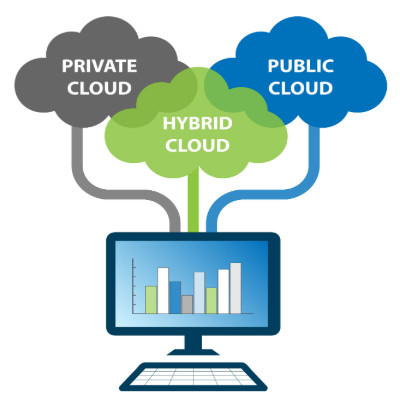Master Solutions Blog
Businesses tend to strive for agility, meaning that they want to make changes quickly and effectively as their needs change. Technology often holds them back from making these changes. You can bypass this roadblock through the MACH architecture framework, a way to build a flexible, scalable, and future-ready IT infrastructure to suit your business’ needs.
One of the most significant advantages of operating as a small or medium-sized business is that you can provide more personalized attention to your customers, unlike larger enterprises and corporations. However, you need the right tools to make these interactions as effective as possible. With the right customer relationship management tool, or CRM, your business can dramatically improve sales, marketing efforts, and customer satisfaction.
Your Point of Sale (POS) system is the backbone of your business, handling transactions, tracking sales, and keeping everything running smoothly. But like any technology, it can become outdated or start causing headaches. If you’re wondering whether it’s time for an upgrade, here are five major signs to look out for.
How much does your business currently rely on the cloud? There are loads of ways to use it, but the best way is to find what works for your business, then double down on it according to your company’s specific needs. We’re looking at how the type of cloud can impact the way your business uses this flexible asset.
When a business uses the cloud for any reason, its cloud solutions and resources must be sufficiently reliable. Let’s examine what it is that makes the cloud reliable, and how to ensure you accomplish this essential baseline.
Cloud computing is one of the most powerful technologies that has emerged over the past few decades. It has shifted how individuals and companies access resources, manage data, and store information. With the opportunities to scale online vastly expanding, businesses that want to make the most of their technology can turn to the cloud to save money and improve operations.
The cloud is undeniably useful for most individuals and businesses, and its increasing use in business situations shows this. However, this doesn’t mean that it is the be-all and end-all for businesses. In this month’s newsletter, we thought we’d discuss some of the pros and cons of using cloud platforms inside a small business setting.
Businesses have done incredible things with the cloud, regardless of their chosen industries, sizes, and scopes. In particular, they have innovated to create opportunities for scaling growth and operations. How can your organization do the same? We want to help you implement a cloud solution that addresses all of your pain points. To do this, you can start by learning more about the differences between the public, private, and hybrid cloud solutions available to you.
The cloud is a remarkable innovation that can enable businesses of all industries and sizes to revolutionize their operations. Have you considered the cloud for some of your business’ infrastructure? If not, you could be missing out on serious operational benefits that could push your company even further. Here are four of the best benefits of cloud computing that we can think of for a modern business.
















